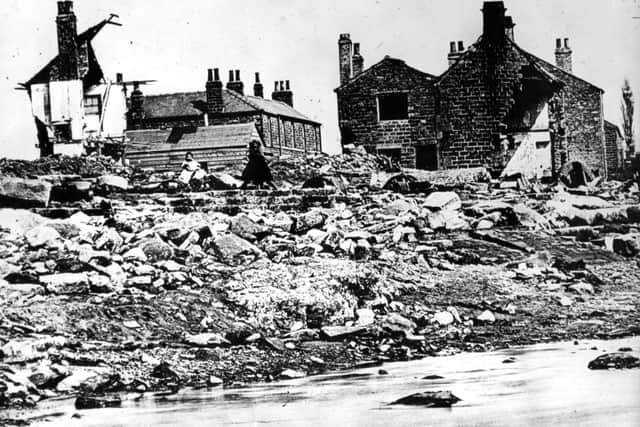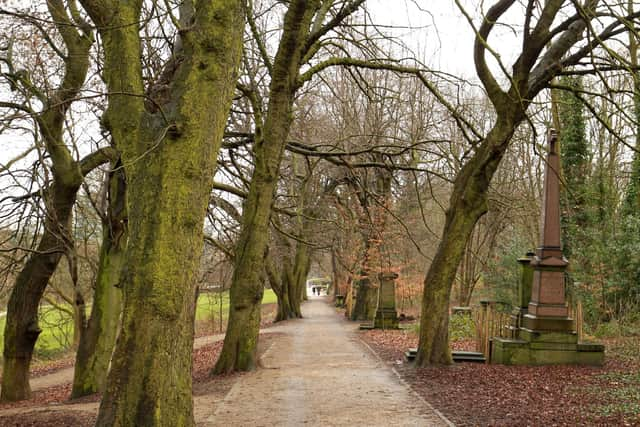Cemeteries remembering the 'devastating' Great Sheffield Flood for 157 year anniversary with 'fascinating stories'
and live on Freeview channel 276
On March 11, 1864, over 240 people died and more than 600 houses were damaged or destroyed by the Great Sheffield Flood – a ‘devastating’ event that still resonates with Sheffield residents today.
The flood swept through Bradfield, the Loxley Valley, Malin Bridge, Hillsborough, the Wicker and the City Centre destroying houses, workshops and lives.
Advertisement
Hide AdAdvertisement
Hide AdNow, to remember the event on its 157 year anniversary, churches and cemeteries including Wardsend Cemetery, Bradfield Church, Loxley Cemetery, Wadsley Church and Sheffield General Cemetery, are sharing stories about the lives of some of the victims and memorialising this tragic moment in Sheffield’s history.


The flood is ‘one of the most significant events’ in Sheffield history and victims, many tragically young or entire families, lie in cemeteries across South Yorkshire
In Sheffield General Cemetery you can find the grave of John Gunson, the engineer who built the ill-fated Dale Dyke Dam which broke and caused the flood.
The General Cemetery contains 77 of the flood victims, not all of whom have been named.
Advertisement
Hide AdAdvertisement
Hide AdCouncillor Mary Lea, cabinet member for culture, parks and leisure at Sheffield Council, said: “The Great Sheffield Flood is one of the most significant events in our city’s history, that affected so many lives in so many ways.


"It’s important that we take the time to share and reflect on the experiences and stories of our citizens more than 150 years ago, and realise that although flooding still affects our communities today, we have come so far since then.
“Our cemeteries are filled with the memories of Sheffield’s history and they play a very important role in keeping that history alive today and in to future generations. I encourage people to follow the anniversary activity online for a peek in to the fascinating stories from this devastating event in our past.”
The usual floral commemoration which takes place annually at the Memorial in Millsands with its comprehensive list of victims will not be able to take place this year due to the pandemic.
Advertisement
Hide AdAdvertisement
Hide AdHowever, through the stories being shared online throughout the week of the anniversary, efforts are being made to make sure that Sheffielders home and abroad still remember the events in March 1864.
Follow Sheffield General Cemetery and Wardsend Cemetery on social media or visit www.gencem.org to read some of the stories of the flood victims.